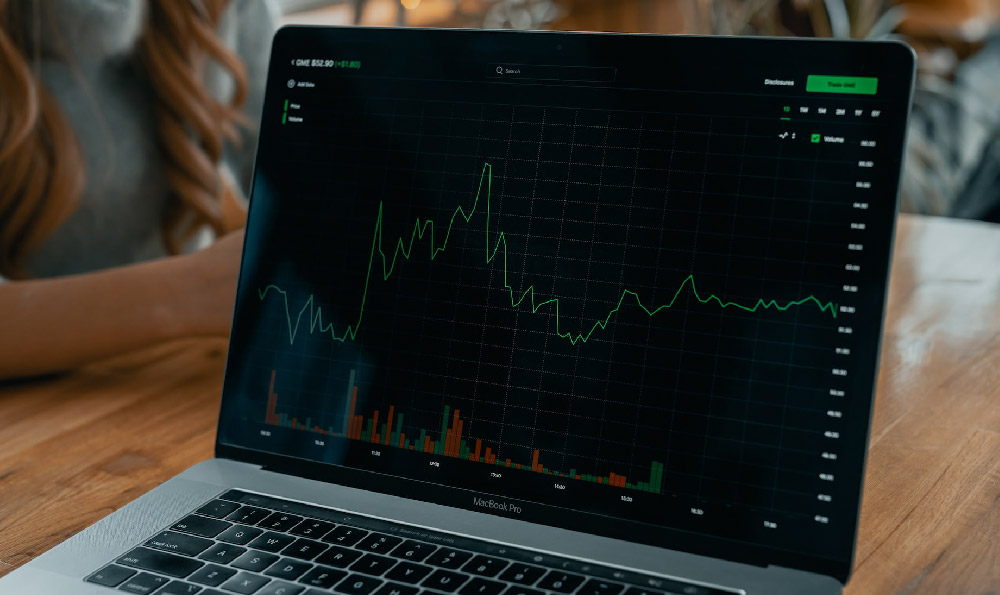The 2008 recession, a period of intense financial turmoil, serves as a potent reminder of the volatile nature of economic systems and the diverse fortunes that can be made and lost during such crises. Understanding the mechanisms behind both the losses and the gains during this period offers valuable lessons for navigating future economic downturns and making informed investment decisions.
Many individuals and institutions experienced significant financial setbacks during the 2008 recession primarily due to their exposure to the housing market and related financial instruments. The housing bubble, fueled by lax lending standards and a belief that housing prices would perpetually rise, led to an unsustainable surge in homeownership. Subprime mortgages, offered to borrowers with poor credit histories, became prevalent, often with adjustable interest rates that reset to higher levels after an initial period.
When the housing bubble burst, home prices plummeted, leaving many homeowners underwater – owing more on their mortgages than their homes were worth. This triggered a wave of foreclosures, further depressing housing prices and exacerbating the crisis. People lost their homes, their savings, and their sense of financial security.

Financial institutions, particularly those heavily invested in mortgage-backed securities (MBS) and collateralized debt obligations (CDOs), suffered massive losses. These complex financial products were essentially bundles of mortgages, often including subprime mortgages. As homeowners defaulted on their mortgages, the value of these securities plummeted, threatening the solvency of banks and investment firms. Lehman Brothers, a major investment bank, collapsed, and others, such as AIG, required government bailouts to prevent systemic failure.
Beyond direct exposure to the housing market, overleveraging played a significant role in magnifying losses. Many individuals and institutions had borrowed heavily to invest in real estate and other assets. When asset values declined, these borrowers found themselves unable to repay their debts, leading to further sell-offs and downward pressure on asset prices.
Furthermore, a lack of understanding of the complexity and risk associated with these financial instruments contributed to the losses. Many investors, including sophisticated institutions, failed to fully comprehend the underlying risks embedded in MBS and CDOs, relying instead on flawed credit ratings and a general belief in the stability of the housing market. The herd mentality, the tendency to follow the crowd without independent analysis, also played a role, as investors piled into these assets without adequately assessing the potential downsides.
While many suffered during the 2008 recession, others were able to profit by anticipating the crisis and positioning themselves accordingly. These individuals and institutions employed a variety of strategies, often based on a contrarian view and a deep understanding of market dynamics.
Short selling was a key strategy used by those who profited from the recession. Short selling involves borrowing an asset, such as a stock or a bond, and selling it with the expectation that its price will decline. If the price does fall, the short seller can buy back the asset at a lower price, return it to the lender, and pocket the difference. Investors like John Paulson famously profited handsomely by shorting mortgage-backed securities, betting against the housing market.
Buying distressed assets was another avenue for profit. As the crisis unfolded, many assets, including real estate and corporate bonds, became severely undervalued. Savvy investors with ample capital were able to acquire these assets at fire-sale prices, anticipating that their value would recover over time. Private equity firms and hedge funds were particularly active in this area, snapping up distressed assets and restructuring struggling companies.
Investing in safe-haven assets also proved to be a profitable strategy. During periods of economic uncertainty, investors tend to flock to assets considered to be safe and reliable, such as U.S. Treasury bonds, gold, and the U.S. dollar. These assets often increase in value as demand rises, providing a hedge against losses in other parts of the market.
Furthermore, some investors benefited from identifying and investing in companies that were well-positioned to weather the economic storm. These companies typically had strong balance sheets, stable cash flows, and a defensive business model that was less susceptible to economic fluctuations. Investing in these companies allowed investors to preserve their capital and even generate positive returns during the recession.
Ultimately, the 2008 recession highlighted the importance of due diligence, risk management, and independent thinking in investing. Those who lost money often did so due to a combination of factors, including overexposure to the housing market, excessive leverage, a lack of understanding of complex financial instruments, and a herd mentality. Those who profited, on the other hand, were often contrarian investors who anticipated the crisis, employed sophisticated strategies such as short selling, and focused on acquiring distressed assets and safe-haven investments.
The lessons learned from the 2008 recession remain relevant today. Investors should diversify their portfolios, avoid excessive leverage, understand the risks associated with their investments, and be wary of market bubbles. By learning from the mistakes of the past, individuals and institutions can better protect their financial well-being and navigate future economic challenges with greater confidence. Moreover, a healthy dose of skepticism, independent research, and a long-term perspective are crucial for making sound investment decisions in any economic environment.












